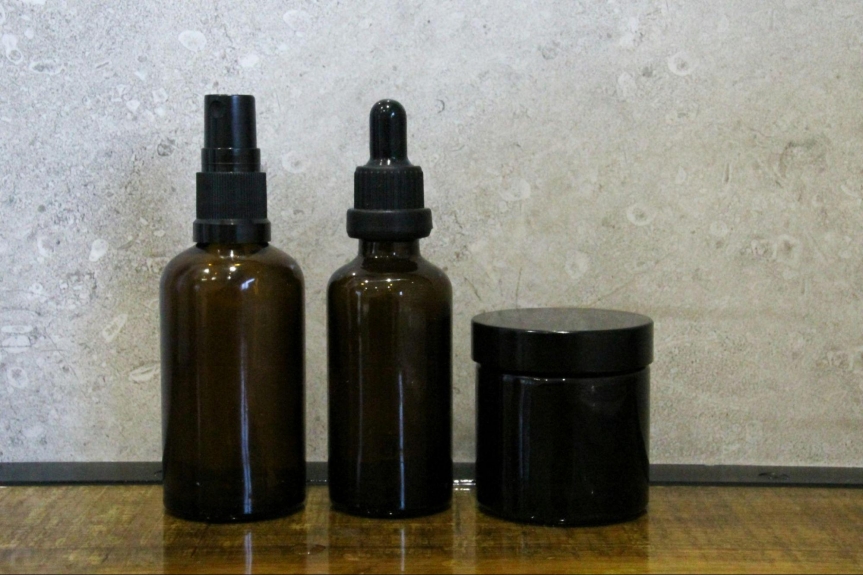In today's wellness-driven world, natural health products are gaining immense popularity among consumers looking for alternative solutions to improve their health. But before we jump into the world of supplements, herbs, and homeopathic remedies, it's crucial to understand what these products really are and how they can impact our health.
“Natural” doesn’t always mean “safe,” and the sheer variety of available products can be overwhelming. That’s why it’s always wise to dig deeper into ingredient profiles and claims, for example, examining questions like does provitalize have estrogen can help clarify whether a product is appropriate for your specific health situation. This article aims to equip us with the knowledge to navigate this landscape effectively, ensuring we make informed choices that align with our health goals.
Understanding Natural Health Products
Natural health products (NHPs) encompass a wide range of items, including vitamins, minerals, herbs, and other botanicals that are touted for their health benefits. Unlike pharmaceuticals, which are synthetically manufactured, NHPs are derived from natural sources, often leading consumers to believe they are inherently safer and more beneficial.
But, it's essential to recognize that 'natural' does not guarantee effectiveness or safety, and rigorously testing these products is still crucial. Understanding the various categories of NHPs can help us navigate through our options more effectively.
Types of Natural Health Products
The spectrum of natural health products is vast, encompassing:
- Herbal remedies: Often available as teas, capsules, or tinctures, these products use parts of plants believed to have medicinal properties.
- Vitamins and minerals: These are often used to supplement dietary intake and can be found in various forms, including tablets and gummies.
- Homeopathic remedies: These products follow the principle of treating 'like with like' but often lack robust scientific backing.
- Probiotics: Helpful in maintaining gut health, these live microorganisms are becoming increasingly popular.
- Essential oils: Used in aromatherapy and topical applications, these highly concentrated plant extracts can have varied effects on health.
Understanding the distinctions between these products can help us choose the right types for our needs.
Benefits and Risks of Natural Health Products

Natural health products can offer numerous benefits, such as:
- Holistic approach: Many NHPs focus on overall wellness rather than just treating specific symptoms.
- Fewer side effects: In many cases, NHPs are perceived as having lower risks of side effects compared to conventional medications.
- Cultural significance: Many products are deeply rooted in tradition, providing a sense of connection to historical health practices.
But, it is important to approach NHPs with caution due to potential risks:
- Lack of regulation: Unlike pharmaceuticals, many NHPs are not strictly regulated, which can lead to inconsistencies in quality and efficacy.
- Interactions with medications: Just because a product is natural does not mean it is safe to combine with prescribed medications. Adverse interactions can occur.
- Overuse or mislabeling: Some products may contain more or less of the active ingredient than advertised, leading to ineffective outcomes or harmful effects.
We must weigh these benefits against the risks to make informed decisions.
Regulatory Oversight of Natural Health Products
In many countries, the regulation of natural health products varies significantly. In the U.S., the Food and Drug Administration (FDA) classifies NHPs as dietary supplements, which means they don't require the same pre-market approval as pharmaceuticals. Instead, manufacturers are responsible for ensuring their products are safe and that claims made are not misleading. In Canada, Health Canada oversees NHP regulations under the Natural Health Products Regulations, requiring a product license before market entry.
Understanding the regulatory frameworks can help us identify trustworthy products and companies. We should always look for products that have been evaluated for quality and safety.
How To Choose Quality Natural Health Products
When it comes to selecting high-quality natural health products, we should consider a few key factors:
Reading Labels and Ingredients
Always read the label carefully. Look for:
- Active ingredients: Ensure they align with your health needs.
- Inactive ingredients: Some products may contain artificial additives we want to avoid.
- Dosage: Verify that the amounts align with recommended guidelines.
Certifications and Standards
Certifications can indicate higher quality:
- USP Verified mark: This means the product has been tested for quality, purity, and potency.
- Non-GMO or Organic certifications: These labels tell us more about sourcing and manufacturing methods, which can affect product quality.
- Third-party testing: Look for products that have undergone independent testing for quality and efficacy.
By adhering to these guidelines, we can improve our chances of selecting products that are both safe and beneficial.
Consulting with Healthcare Professionals
Before starting any new supplement regimen, it's always prudent to consult with healthcare professionals, especially if we have existing health conditions or are taking medications. Doctors and registered dietitians can provide tailored advice, ensuring that any chosen NHPs won't negatively impact our health or interfere with medications.
Emphasizing open communication about all supplements we may be considering gives us a more holistic view of our health journey. For further insights, we can refer to reputable sources like the National Center for Complementary and Integrative Health (NCCIH).






